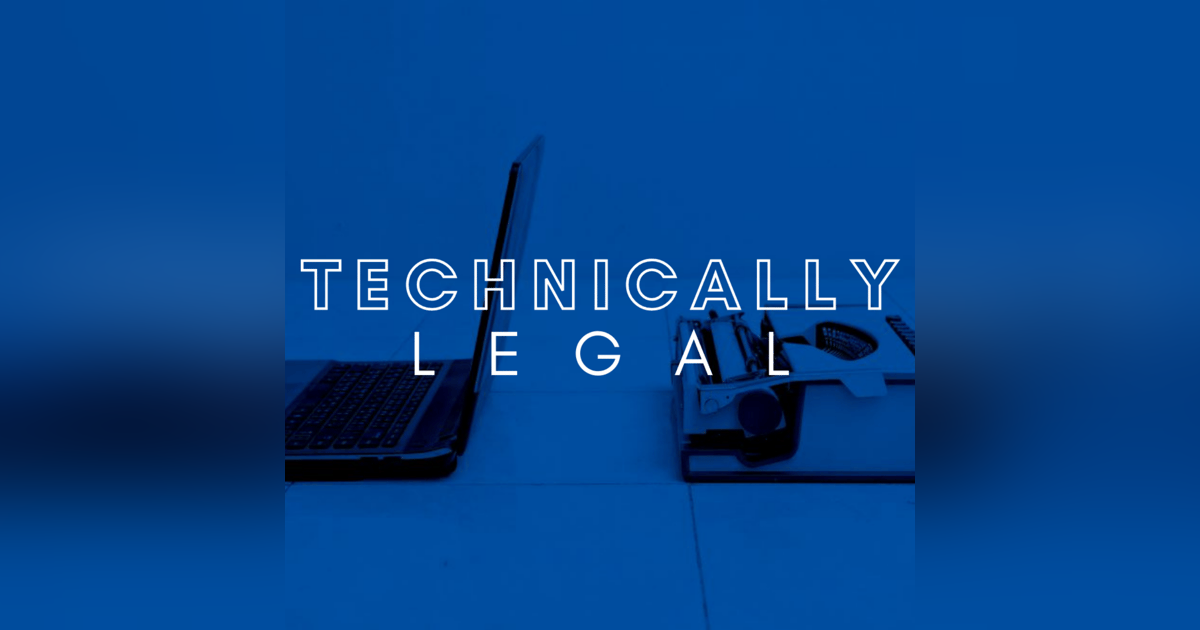Is Nonlawyer Ownership of Legal Service Providers Really That Bad? (Ethics Attorney Jim Doppke)


Ethics attorney Jim Doppke makes his fourth appearance on the show to discuss the pros and cons of liberalizing legal ethics rules like Model Rule of Professional Conduct 5.4 that prohibit people who are not lawyers from owning an interest in legal...
Ethics attorney Jim Doppke makes his fourth appearance on the show to discuss the pros and cons of liberalizing legal ethics rules like Model Rule of Professional Conduct 5.4 that prohibit people who are not lawyers from owning an interest in legal services companies and preventing them from sharing in legal fees.
In recent years, states like Utah and Arizona that are testing the waters and permitting lawyers to team up with others to provide legal services and share legal fees. Jim discusses the ethical implications of these programs and explores preliminary statistics from the programs that trac the number of people served and the number of complaints raised about the services.
Jim is an ethics attorney with the Chicago firm of Robinson, Stewart, Montgomery & Doppke. Before that, he spent most of his career as a prosecutor with the Illinois ARDC (the Attorney Registration and Discipline Commission). He also has a legal ethics focused podcast called Legal Ethics Now and Next.
Episode Credits
Editing and Production: Grant Blackstock
Theme Music: Home Base (Instrumental Version) by TA2MI












